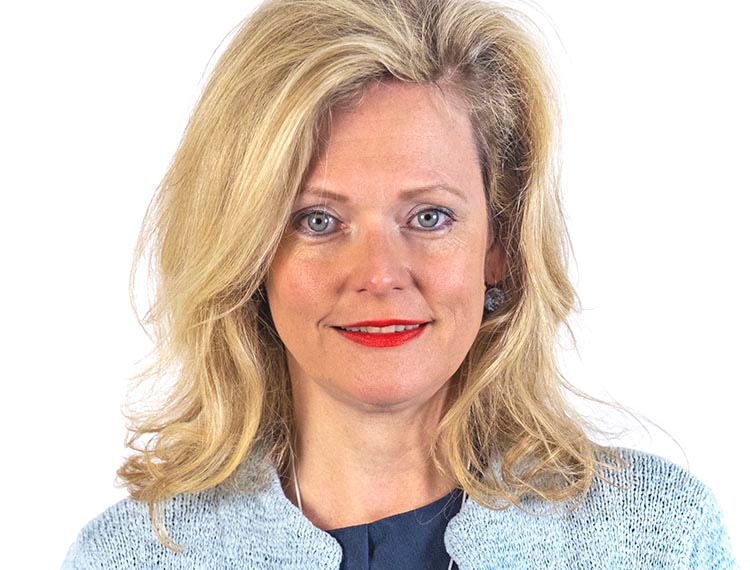Teacher gender split in top UK universities confirms that it is harder for women to climb the career ‘ladder’

There is an ongoing debate on the gender pay gap and women’s access to senior roles – but how well are female professors represented in the teaching profession in higher education?
RS Components have analysed the teaching staff at the UK’s top universities for a number of core subjects to discover the female-to-male breakdown – and in what may come as no surprise to some, females are largely outnumbered by males.
The research confirms that STEM (science, technology, engineering and mathematics) subjects have the largest gender split: only 16% of maths professors are women; 17% of computer science professors are women, and only 17% of science professors are women.
The top universities for female maths teachers representation include University of St Andrews, with 28% of Maths tutors being female, University of Loughborough with 26% and East Anglia (UEA) with 24%. Despite the average gender split for science teaching staff resulting in only 17% female, the University of Warwick appears to be leading the way with 39% of its science tutors being female, followed by the University of St Andrews with 23% female science tutors, and University of Bath with 23% female tutors.
Moving away from STEM subjects and towards what some may argue are more female dominated subjects, only 29% of music professors are women and only 33% of geography professors are women.
The gender imbalance in STEM industries has been long discussed in the media, with an estimated 14.4% of all people working in STEM in the UK, despite making up half the workforce. This appears to be reflected in the gender representation in such subjects from education upwards. Previous research has found that of 27,810 computer science university graduates, only 19% were female, as well as only 19% of 51,050 engineering graduates, the lowest of all STEM degrees analysed (including Medicine & Dentistry, Architecture, and Agriculture).
In order for this gender imbalance to be rectified, some argue that young people need more role models and authority figures, such as teachers or lecturers, that inspire and encourage more girls to consider careers in STEM fields. More female teachers succeeding in STEM can show students that they can do the same, with research confirming that ‘human relationships give us a sense of what’s possible and help us navigate new possibilities’.
This does not seem to be such an issue for school teachers, with recent statistics stating that 376,300 of the 498,100 teachers in English state-funded schools were female, and more female than male teachers in all ethnic groups. However, with data confirming that it is harder for women to climb the career ‘ladder’ the further they go up, only a quarter of university professors in the UK are women, with ethnic minority women representing an even smaller proportion of this. Not only will more female professors provide more inspiration and mentoring opportunities for young women, it would also lead to a more collaborative and fairly represented academic community.
However, not all university subjects are as unequally split, with on average 53% of English professors being female, making an almost 50/50 split. The top universities in which female English teachers are represented the most include the University of Loughborough, University of Exeter and University of East Anglia (UEA).
Similarly, 48% of Psychology tutors are female, and 44% of both Art and Design, and Law professors are female. This is evidence that women are slowly breaking their way through gender splits in industry, making for a more equal representation of both male and female academics and role models in higher education.
Alexandra Berger, Senior Vice President, Marketing & Communications, EMEA at RS Components
About RS Components: The trading brand of Electrocomponents plc, the global distributor for engineers. Supporting & inspiring generations of engineers since 1937.
The research revealed the subjects that have the most unbalanced gender split:
- Maths – only 16% of professors are women
- Computer Science – only 17% of professors are women
- Science – only 17% of professors are women
- Music – only 29% of professors are women
- Geography – only 33% of professors are women











Responses